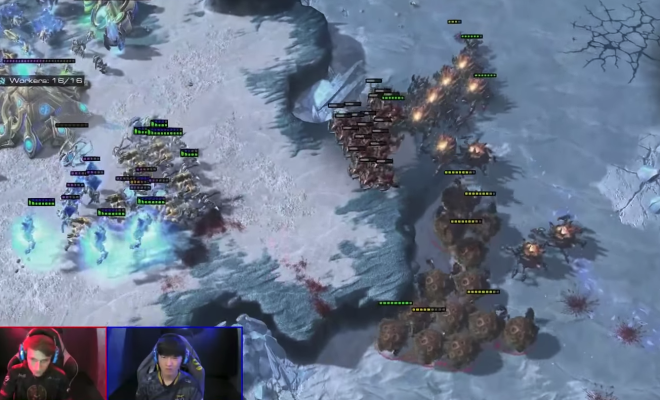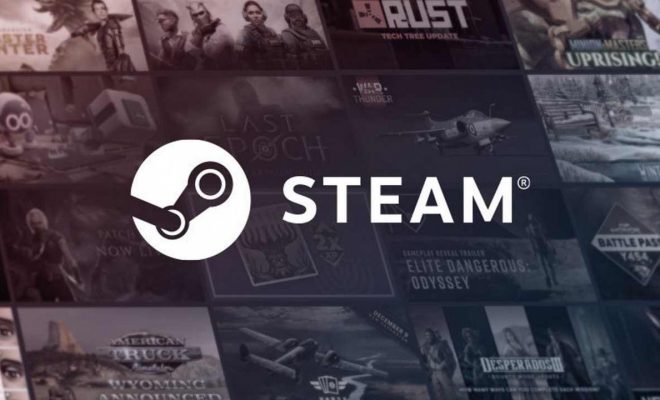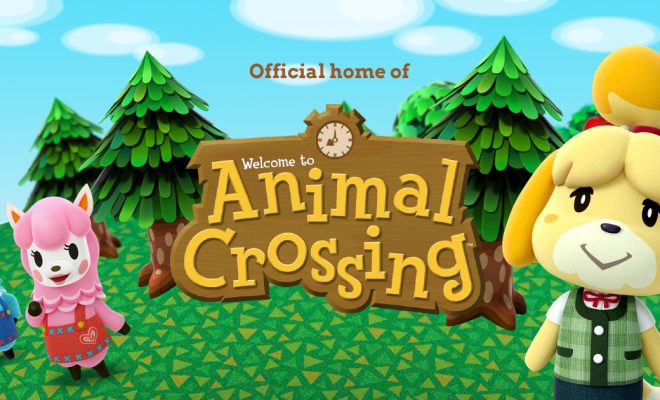Not All Students Enjoy Narrative Writing from Gamification and Here’s Why

You may hear from parents and other critics that there’s no time for playing games in the classroom.
Teachers have little time to advocate for game-playing at school, but there are many benefits for children who do play digital games at home or school. One of the most apparent pluses is making connections between learning and what students find entertaining.
Many of your students will be more interested in an assignment if you show how interested you are in their passions. Some of these passions may include video games like Mario Brothers, simulations that allow for building empires, and more. When you begin with a game like MineCraft, for example, you’re activating prior knowledge and skills.
How video games lead to narrative writing
Great digital games don’t magically appear out of nowhere, with no characters, no background, and no plot. They begin with compelling narratives. These backstories establish the foundation upon which the games are played. What happens next depends on the players’ willingness to engage in their video games. It’s a matter of ludology. Corporate trainer Bryant Nielson states:
“It is the substance of games and gaming, especially that of video gaming. Like the games that it studies, ludology s not about story and discourse. It’s about actions and events. According to ludologists, the major difference between games and narratives is that the former address ‘external observers who apprehend ‘what has happened, ’whereas the latter require “involved players” who care about “what is going to happen” (Frasca, 2003).
Here’s the take-a-way for teachers. The most involved players will eagerly engage in narrative writing because they care deeply about what’s next in the game. Personal or biographical narratives come alive when students use online games as a source of inspiration for their writing.
Look for these characteristics in the video games you’ll use for narrative writing:
· Believable characters
· Intricate plot
· Specific details
Not every student finds narrative writing easy. Video games that create a solid storyline provide a springboard for writing. By using video games, your students can step in successfully and continue the story.
Online games to consider as writing sources
Minecraft lends itself well to classroom activities and narrative writing. You can find plenty of resources to support your instruction. However, many other video games lend themselves to narrative writing. Be sure to select age-appropriate games for your writing activities.
Some of the best games include:
· LittleBigPlanet 3 – A puzzle-solving adventure starring Sackboy.
· Yoshi’s Crafted World – Egg-slinging on an adorable island made of paper products.
· Plants vs. Zombies: Garden Warfare 2 – The title says it all!
· Stardew Valley – This farming simulation harkens back to simpler times, but allows for great narrative storytelling.
· The Legend of Zelda – Battle the forces of good and evil in a fantastic kingdom called Hyrule.
Tap into the video game fervor by asking your students to use online gaming as an imaginative springboard to writing. Be aware, though, that not all students may be as eager as you had hoped. For these students, consider having an alternative springboard such as fan fiction.






